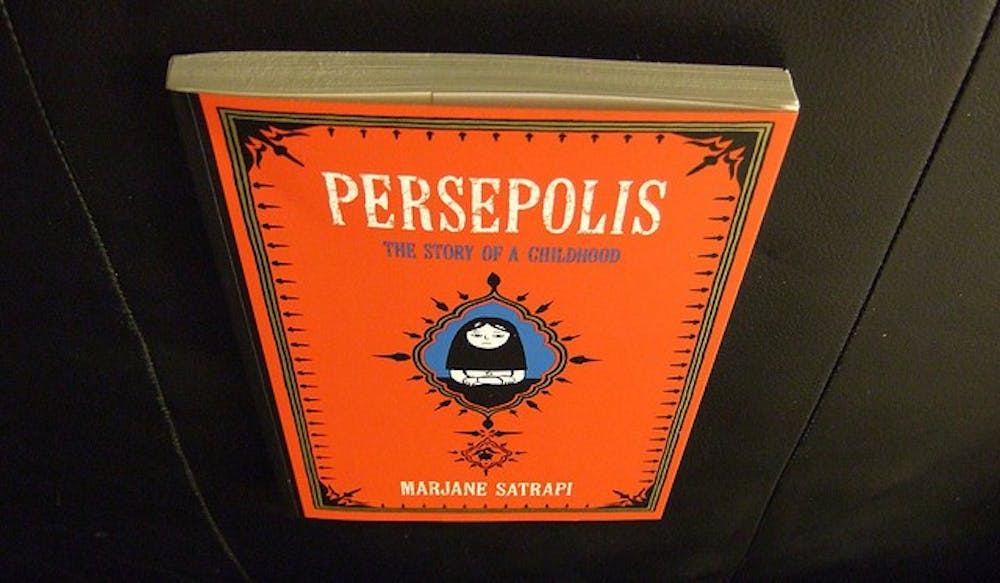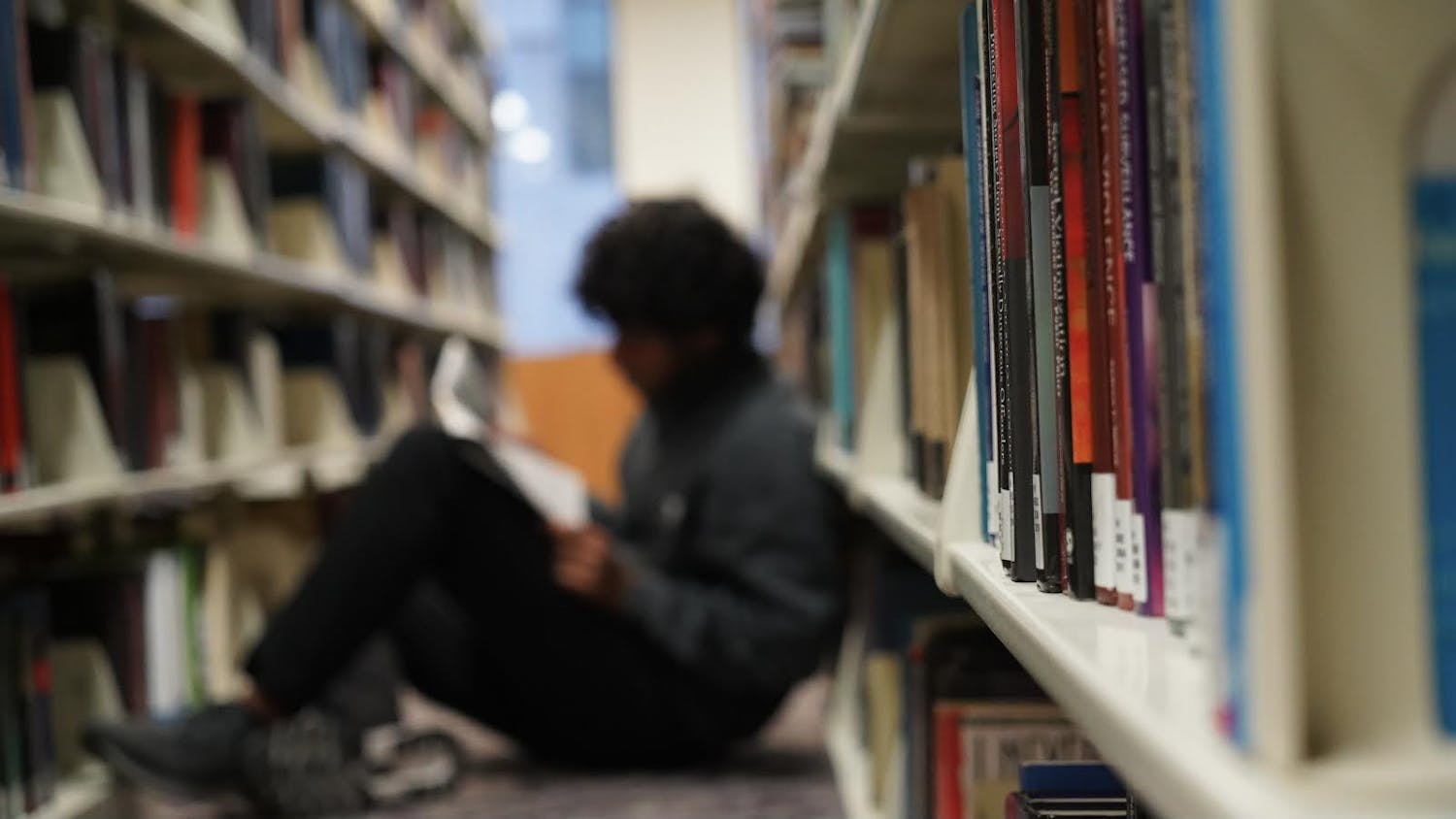When Marjane Satrapi, the acclaimed director of the Oscar-nominated “Persepolis,” speaks, she offers a flurry of stories and no shortage of opinions.
University College students and Global Scholars were invited to attend a conversation with Satrapi on Oct. 15. Moderated by AU Department of Philosophy professor Farhang Erfani, the centerpiece of the discussion was Satrapi’s graphic novel “Persepolis” and its 2007 film adaptation. Students later took the floor for a Q&A.
Satrapi began by describing the autobiographical elements of “Persepolis.” She insists that she is not a politician or a sociologist, but an observer.
“No matter what I say, I am sure of what I have lived and what I have felt,” Satrapi said.
Much of the conversation revolved around the role of women in Iran. In particular, Satrapi said that she does not consider herself to be a feminist. This statement provoked audible gasps from the audience.
Satrapi explained that she instead considers herself to be a humanist, advocating for the rights of all who are oppressed. When it comes to social change, she believes in small, gradual steps forward, rather than an immediate uprising.
“Evolution is more important than revolution,” Satrapi said.
Additionally, Satrapi provided insight into the process of adapting a graphic novel for the screen. Although she initially harbored an intense hatred for the “Persepolis” film crew due to creative differences, she eventually came to appreciate them.
Satrapi now embraces cinema as a medium and has just finished directing a live-action film of her own. “The Voices,” a horror-comedy starring Ryan Reynolds and Anna Kendrick, premiered at the Sundance Film Festival in January.
The final portion of the event was devoted to questions from students in the audience. One student asked Satrapi if her current worldview has changed considering what she has experienced in her life.
“I’m a pessimist, but I’m not cynical,” Satrapi said. “I still have some spark in my eyes.”
When asked about her reaction to the banning of “Persepolis” in some areas, Satrapi had some choice words for the middle schools that censored the book.
“We’re supposed to be in a democracy here,” she said. “I don’t want the reading of my book to be considered ‘rebellious’!”





